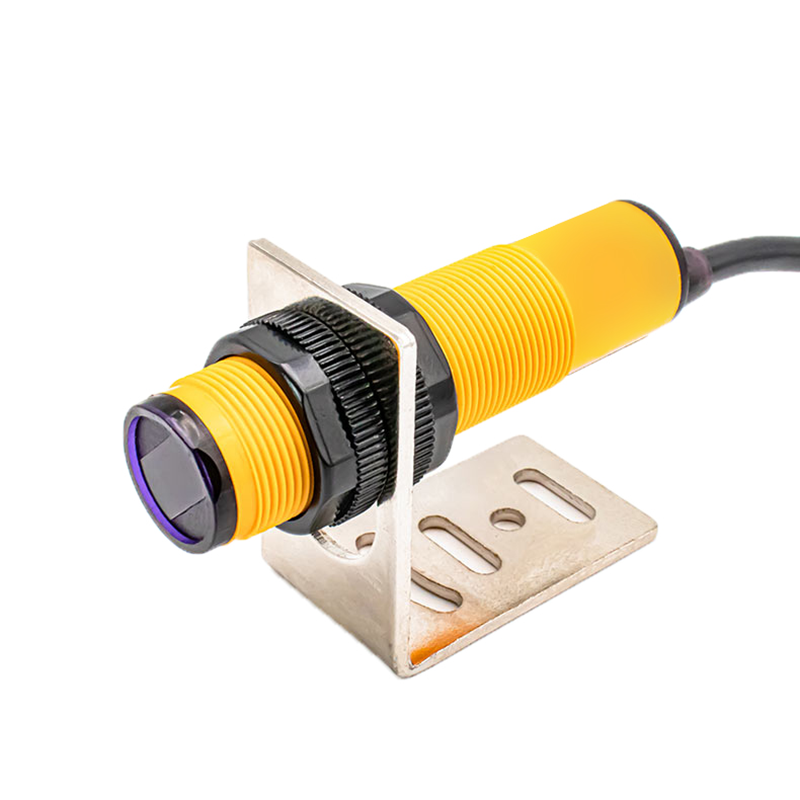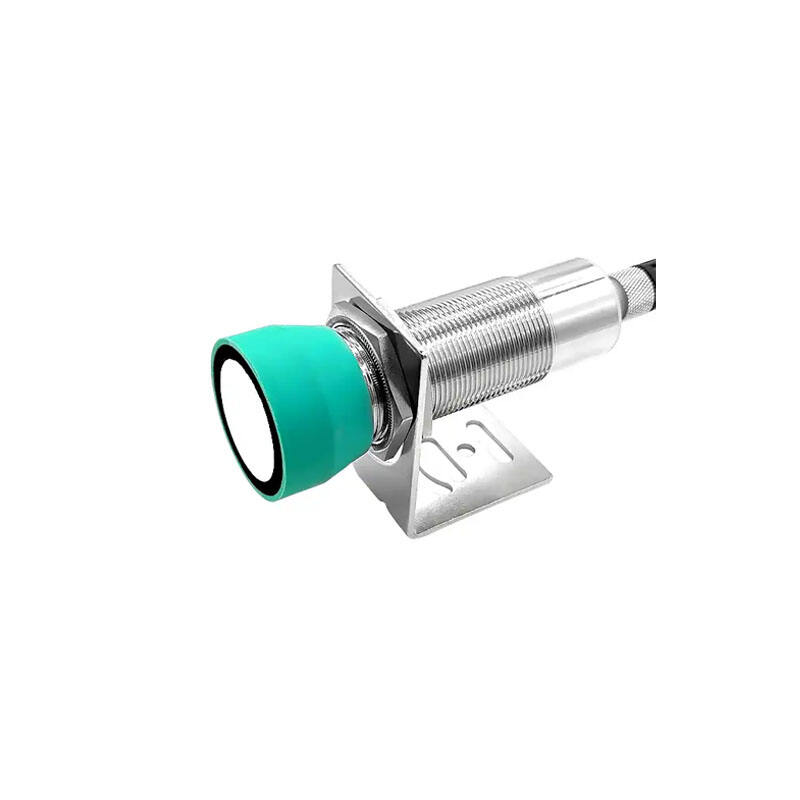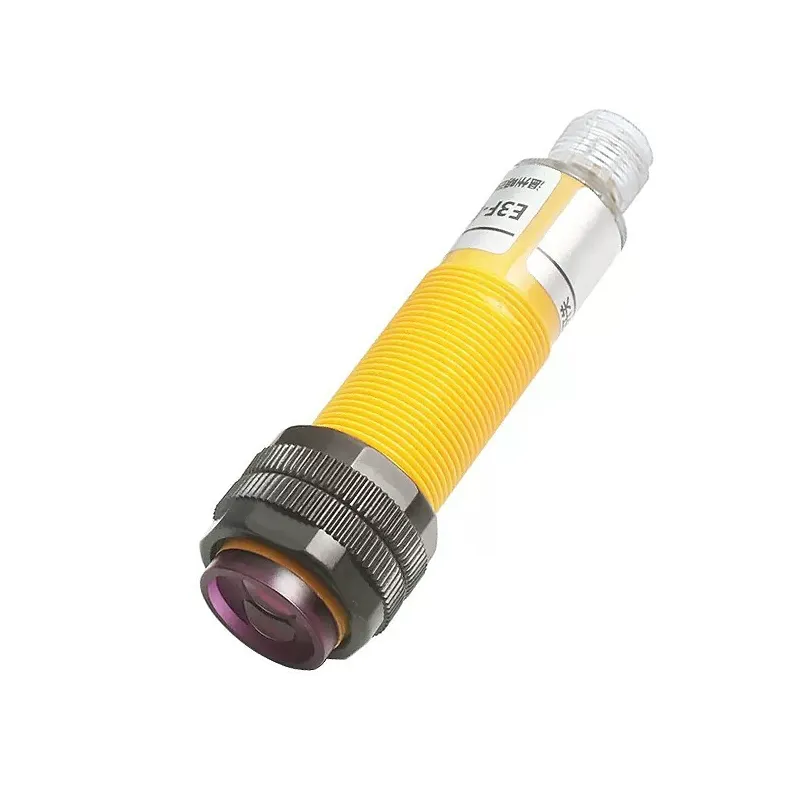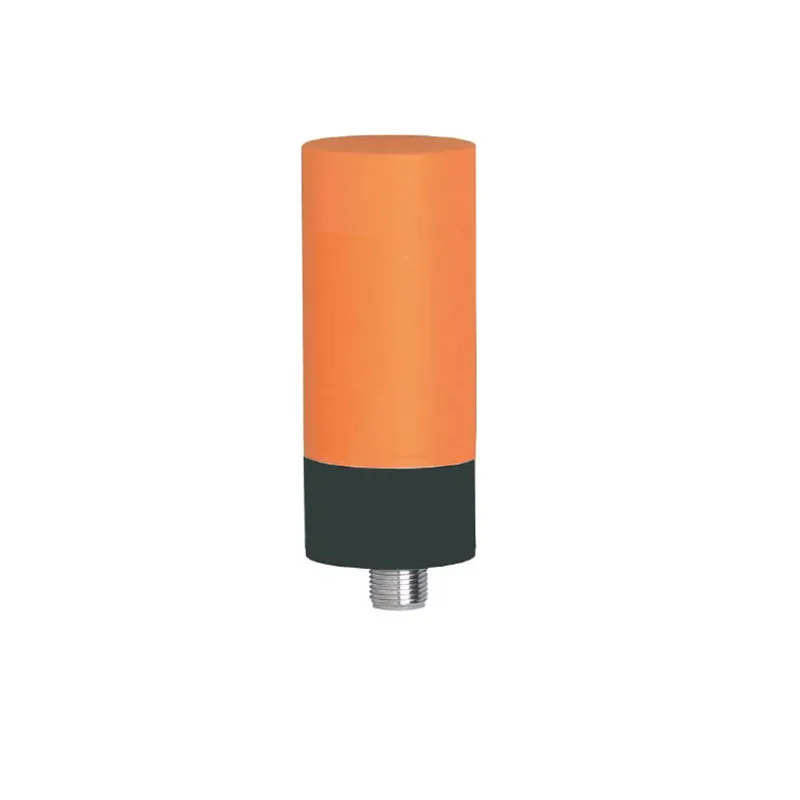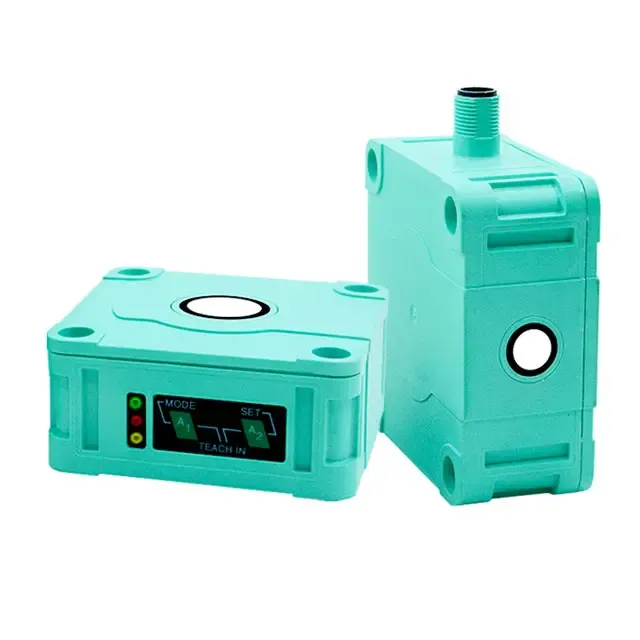fotoelektriko detektibea
Argi-elektriko detektore bat argi-energia seinale elektrikotan bihurtzen duen zentzu-gailu aurreratua da, eta horrela teknologia gako bat bihurtzen da automatizazio eta segurtasun-sistemak modernoetan. Efektu argi-elektrikorako printzipioan oinarrituta, detektore hauek argiarekiko sentikerasun handiko elementu aurreratuak erabiltzen dituzte argi-ereduetan aldaketarik dagoen hautemateko, objektuen detekzio zehatza eta neurketak egitea ahalbidetzeko. Gailuak argi-pultsu fokalizatu bat proiektatzen duen igorlea eta isladatutako edo eten den argi-seinaleak jasotzen eta prozesatzen dituen jasotzailea osatzen dute. Teknologia honek detektorea funtzio desberdinetarako erabiltzeko aukera ematen du, presentzia-detezkio sinpletik hasita distantzia-neurketa konplexu eta ereduen ezagutzaraino. Detektorearen aldaezintasunak ingurumen desberdinetan eraginkortasunez lan egitea baimentzen du, beraz, industria automatizazioan, segurtasun-sistemetan eta kalitate-kontrolean balio handikoa izaten. Argi-elektriko detektore modernoek tratamendu digitala daukate seinaleetan, detekzio-lanetan zehaztasun eta fidagarritasun hobetua lortuz. Detekzio-modu desberdinetarako konfigura daitezke, hala nola hutsetik hutsera, islatzailearekin edo difusaren araberakoa, aplikazio bakoitzari egokitutakoa. Teknologiaren erantzun-denbora azkarra eta ukipenik gabeko detekzio-gaitasuna direla eta, bereziki erabilgarria da produktzio-ingurune abiaduran non denboraldia zehatza eta interferentzia gutxiena kritikoak diren.

